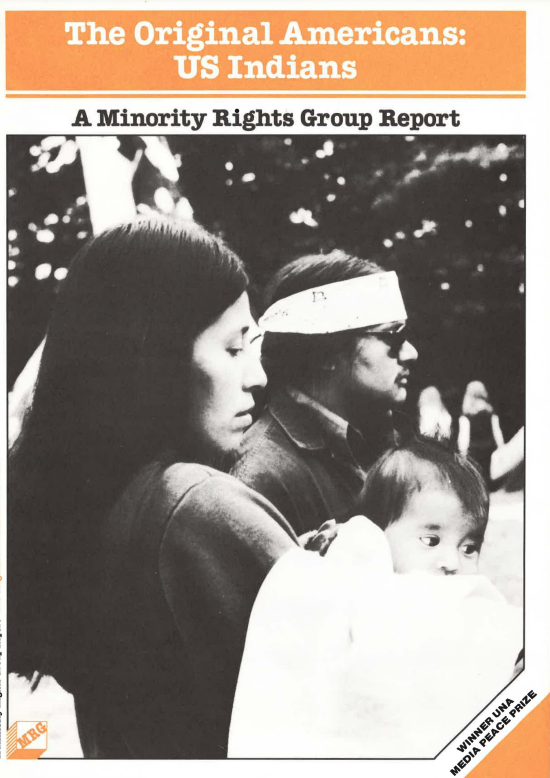Puerto Ricans in the U.S.
Puerto Ricans are a people divided between two nations – neither of which truly belongs to them. Of the 5 million Puerto Ricans today, 3 million live on the island of Puerto Rico and more than 2 million in the USA, principally in New York and the north-east. They are the descendents of Spanish settlers, African slaves and other immigrant communities. Their first language is Spanish yet they live in a nation where English is the main language.
The island of Puerto Rico, formerly a Spanish and then a US colony, from 1952 has had ‘Commonwealth’ status with the USA – neither independence nor statehood. Its people have had US citizenship since 1917 and can move freely between the island and the mainland – yet the island has no representatives in the US Congress. Different political groups campaign for the three options of independence, greater autonomy or US statehood but the political situation remains stagnant.
Economic depression pushes many Puerto Ricans to immigrate to the US cities, where they face discrimination and severe problems in employment, education and health. Today they are the second poorest ethnic group in the US.
Puerto Ricans in the US, Minority Rights Group report no 58, describes the situation of Puerto Ricans on the island and the mainland. Written by Kai Wagenheim and produced by the New York Minority Rights Group, it is an important contribution towards increased understanding of this increasingly-important but little known group.
Please note that the terminology in the fields of minority rights and indigenous peoples’ rights has changed over time. MRG strives to reflect these changes as well as respect the right to self-identification on the part of minorities and indigenous peoples. At the same time, after over 50 years’ work, we know that our archive is of considerable interest to activists and researchers. Therefore, we make available as much of our back catalogue as possible, while being aware that the language used may not reflect current thinking on these issues.
